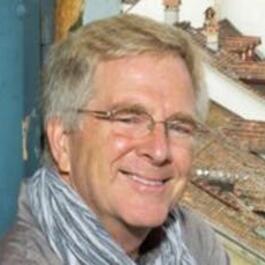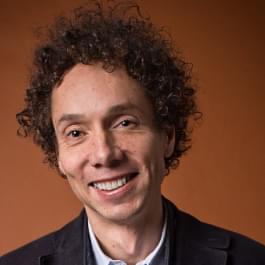
Q&A
Intriguing hour-long conversations with people who are making things happen. Hosted by Peter Slen. New episodes every Sunday evening. From the network that brings you "Washington Today" and "Lectures in History" podcasts.
Show episodes
University of Texas at Austin history professor Peniel Joseph, author of "Freedom Season," talks about the pivotal events of 1963 that impacted the Civil Rights Movement in America. That year, which marked the centenary of Lincoln's Emancipation Proclamation, also saw the assassinations of President Kennedy and Mississ
Former Newsweek editor and managing editor of CNN Worldwide, Mark Whitaker, discusses the life and legacy of the Black nationalist leader Malcolm X, who was assassinated in 1965. Mr. Whitaker, author of "The Afterlife of Malcolm X," talks about Malcolm X's split with the Nation of Islam, his relationship with Martin Lu
Medea Benjamin, co-founder of the pro-peace, feminist grassroots organization CODEPINK, talks about her life as an activist and CODEPINK's current campaigns focusing on Gaza, Ukraine, Iran, and Latin America. She also talks about the nonviolent, disruptive actions taken by CODEPINK at congressional hearings and elsewhe
Wall Street Journal columnist Jason Riley, author of "The Affirmative Action Myth," argues that the racial preference policies of the 1960s and 70s have had an overall negative impact on the success of Black Americans. He says that Black incomes, homeownership, and educational attainment were all on an upward trajector
Travel writer Rick Steves talks about his 1978 journey along the "Hippie Trail" and the 60,000-word journal he kept of the trip which he recently published as a book. During the 3,000-mile trek, the then 23-year-old Steves and a friend visited Turkey, Iran, Afghanistan, Pakistan, India, and Nepal. He talks about the pe
Former U.S. Congressman Christopher Cox (R-CA), author of "Woodrow Wilson: The Light Withdrawn," takes a critical look at the 28th President of the United States and his attitudes towards racial equality and women's suffrage. Mr. Cox also talks about Wilson's intellectual development and his tenure as president of Prin

